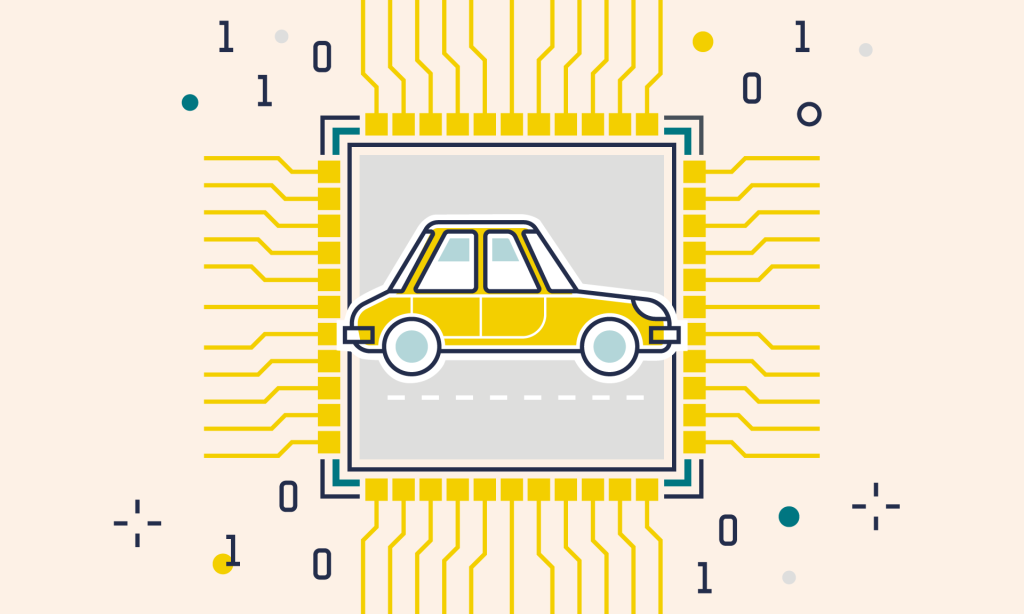

 Article
Article

With the U.S. presidential election looming, ballots, voting machines and election security are again in the news. UVA's David Nemer joins Good Disruption hosts Yael Grushka-Cockayne and Mike Lenox to discuss the role that culture and trust play in the acceptance of electronic voting and the importance of protecting the entire electoral process.
Utility-scale power plants have long dominated electricity distribution. Now, distributed energy resources (DERs) like rooftop solar are changing this model. DERs can disrupt the grid if poorly managed, but if integrated well, can enhance efficiency and resilience. This shift marks a significant change in how energy is generated and distributed.
Social media is one of the biggest and most controversial disruptions in the last decade, arguably the last several decades. Algorithms, meant to create a more personalized experience, are isolating users from diverse opinions and news sources. How ca we use AI and data to redefine the user experience on social media to achieve healthier outcomes?
AI companions are designed to support the individual but what is the impact on broader society? Don’t we as humans get something out of supporting each other?

In the rapidly evolving landscape of artificial intelligence, a unified team executing a flawed strategy often outperforms those pursuing a perfect strategy with fractured alignment. This principle of prioritizing alignment over flawless planning forms the cornerstone of the seven critical foundations for competitive success in the AI era.

As the race for fully autonomous vehicles heats up, challenges remain on the road to widespread adoption. Key to overcoming these obstacles will be consumer acceptance, technological advances, and regulation.
How close are we to fully automated vehicles and how will transportation itself change as a result?
In this episode of Good Disruption, Mike Lenox and Yael Grushka-Cockayne are joined by Naomi Kaempfer, creative director for Art, Design and Fashion at Stratasys, to discuss how the fashion industry can benefit from 3D printing.

Good Disruption is a podcast series featuring lively discussion between Professors Yael Grushka-Cockayne and Michael Lenox, sometimes joined by industry experts. They examine cutting-edge technologies and practices, then make personal calls on whether they amount to good disruption, bad disruption or actually no disruption.
From the explosion of Generative AI to the evolution of the hybrid workplace, disruption has become the “norm” for business. How will business and society be shaped by disruption in 2024?